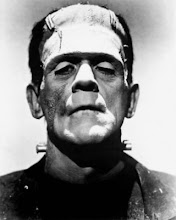
I consider myself somewhat a romantic thinker because I see the emotion and imagination as an integral part of the cosmos; furthermore, I believe that they are needed in order for someone to experience important states of being. With this in mind, I was “romantically” thinking about Jean-Jacques Rousseau’s quote, “man is born free, but he is everywhere in chains,” and I wondered about whether humans can ever achieve true freedom. Well, I consider freedom to be “the will to consciously choose,” and belief that escape is only possible through the mind. The concept of physical freedom is not possible at all since the body inevitably decays; however, the conscious awareness of oneself has a chance of living on. For example, if Joe was in captivity in some prison with no possibility of escape, he could still find peace in his mind. Moreover, according to some ancient beliefs, he can even free himself from physical bondage by leaving his body. In American society, people are not as free as they think they are because most of their actions are dependent on reasons that are not entirely theirs. However, since the only thing that matter is the freedom of the mind, then one can truly be free because a person’s actions and his mind do not have to go hand in hand. In the novel Frankenstein, the creature committed many atrocities; however, was he the only one to blame for his actions? Or, could those responsible for his experiences be blamed as well? The creature is an example of a being that is not entirely free because his actions were dependent on reasons that were not entirely his, but learned through experiences.
- Francisco

No comments:
Post a Comment